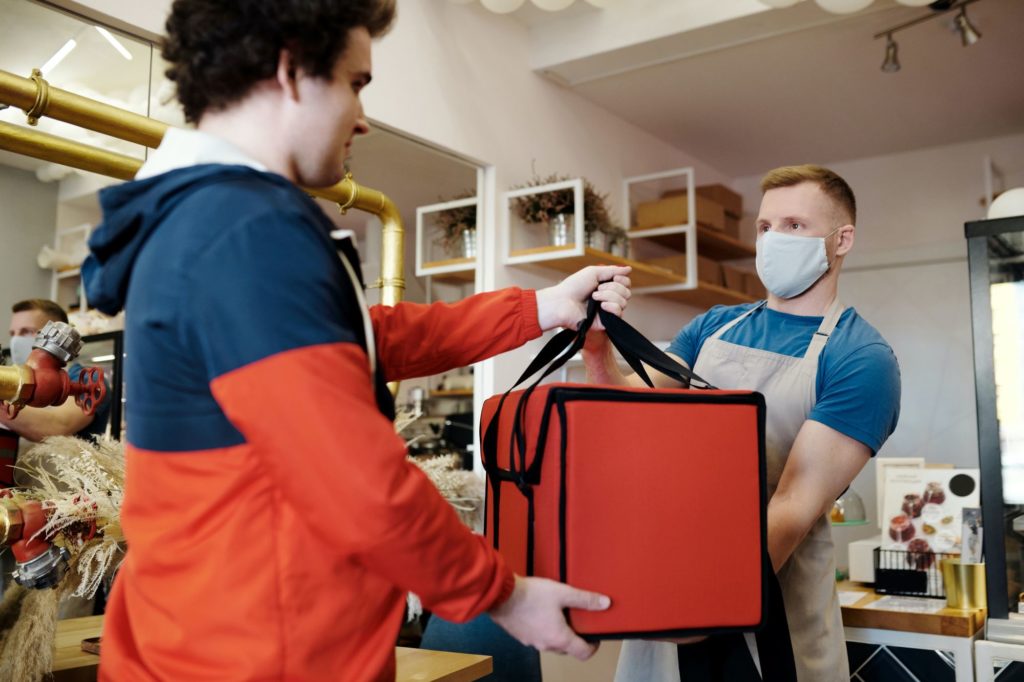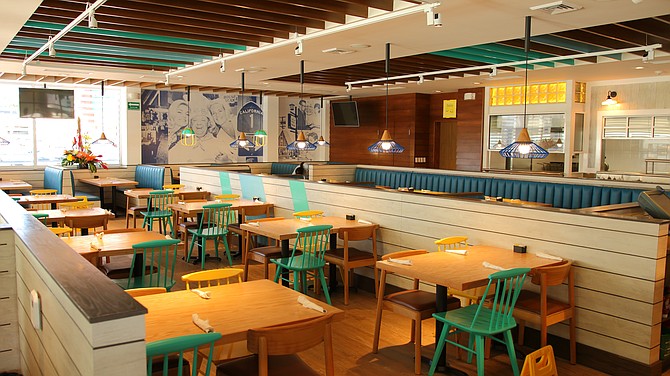IOLA, Wis. (AP) — They wrote it right into their business plan -– an expectation that, each year, at least half the stock on which their livelihood depends would die. Building a business around bees is not for the faint-hearted.
“You have to be a little crazy,” says James Cook, who, with wife Samantha Jones, started beekeeping eight years ago. They knew well the challenges their bees face –- parasites and the impact of pesticides among them. Even so, they were hopeful. 2020 was to be their year to go off on their own, after working several years for another beekeeper.
They and their bees spent the past winter in California’s massive almond orchards, full of white blossoms that turn into nuts, thanks to the many beekeepers who travel extensively with their hives to pollinate many of the nation’s crops. Then the coronavirus hit and, for a moment, Cook and Jones panicked.
“Do we stay? Do we go?” they asked each other. By that time, they had packed up their tent and trucked their hives from California’s San Joaquin Valley to another temporary home in the state’s foothills, where the bees could “detox” from the agricultural work. There, they […]


Add a comment






